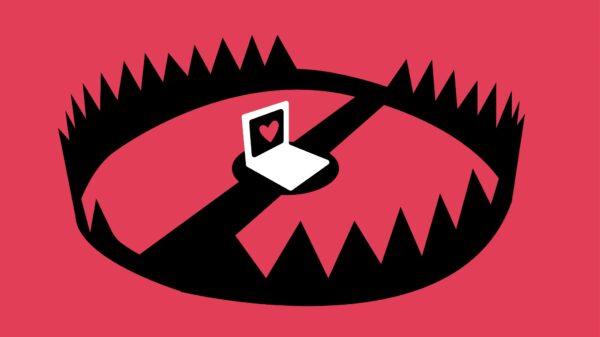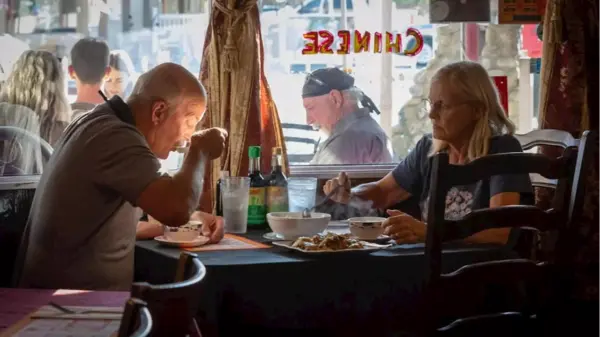A woman married for nearly 30 years is grappling with the decision to prioritize her own needs for the first time. After dedicating her adult life to caring for her husband and children, including two with developmental disabilities, she feels an urgent desire for freedom and personal joy.
The woman, who remains anonymous, has supported her family emotionally and financially while navigating her husband’s long-standing mental health issues and gambling problem. Despite receiving various forms of financial support, including disability benefits and inheritance money, her husband has kept these resources largely for himself. His struggles have resulted in minimal contributions to the household, and he has a history of physical abuse that led to a restraining order and a year-long separation.
Desire for Change
For over a decade, the woman has dreamed of taking an extended family vacation to Europe. She envisions a trip that includes anyone who wishes to join, but her husband adamantly refuses to participate, citing anxiety as a barrier to travel. He has expressed that he cannot rely on friends or family for support in his absence.
Feeling trapped between her husband’s limitations and her own longing for new experiences, she expresses her struggle in a letter to advice columnist Annie Lane. “I feel like life has passed me by,” she wrote. “I have given my entire adult life to caring for everyone else and missed out on so many experiences.” The emotional weight of her circumstances has left her questioning whether it would be selfish to take the trip without him.
Encouragement for Self-Care
In response, Lane emphasizes that the woman’s feelings of guilt are a manipulation often wielded by abusers to keep their partners from prioritizing their own well-being. She reassures the woman that wanting joy and freedom after years of sacrifice is not selfish. “You deserve joy. Take the trip. Eat the croissant. Let yourself live,” Lane advises.
Lane also highlights the importance of acknowledging past abuse and its lasting impact. She encourages the woman to seek support from the National Domestic Violence Hotline, reminding her that self-care is not only acceptable but necessary after years of carrying the emotional burden of her family.
As the woman considers her options, she stands at a crossroads that many individuals in similar circumstances encounter: the challenge of balancing personal desires with familial obligations. The story serves as a reminder of the importance of self-prioritization, especially for those who have dedicated their lives to the care of others.
For more insights from Annie Lane, her second anthology, “How Can I Forgive My Cheating Partner?” is available for purchase as a paperback and e-book. Readers can send their questions to Lane at [email protected].

































































